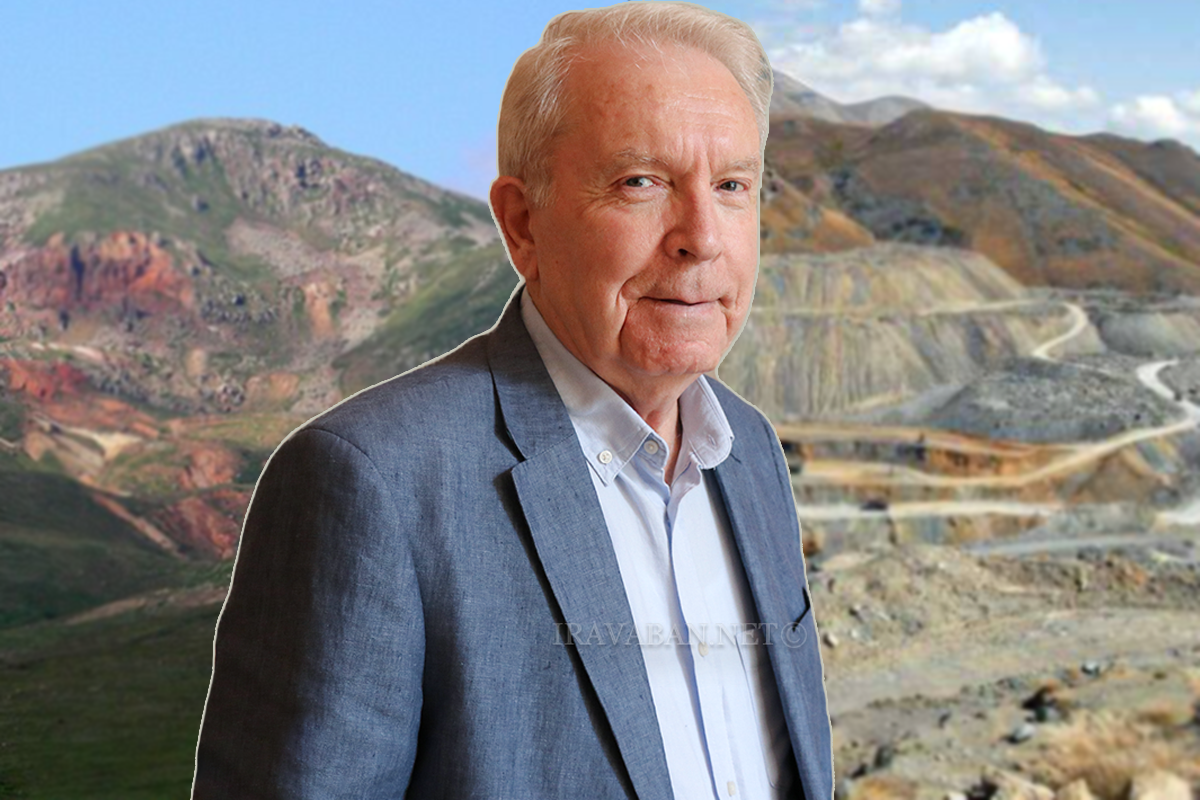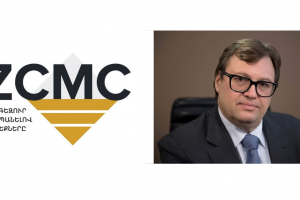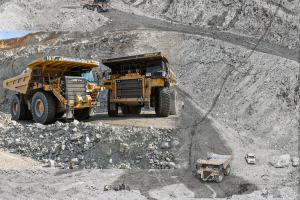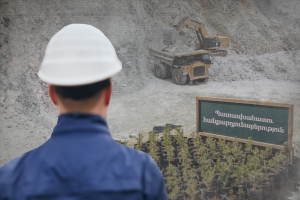Armenia cannot give up mining. This is the opinion of Ruben Movsesyan, Associate Professor at the Department of Regional Geology and Mineral Exploration at Yerevan State University. In a conversation with Iravaban.net, he noted that the mining sector is an important part of our country’s economy.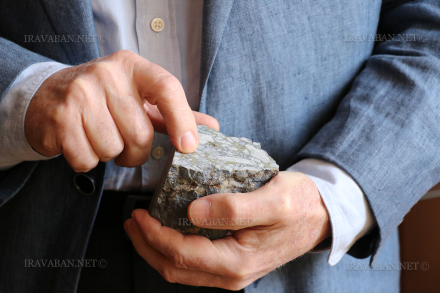
Moreover, mining and metal processing products are the main foreign currency-generating sector for Armenia’s economy: “This is quite significant for the republic, especially after the 44-day war. Every country that wants to develop exploits its subsoil. This is especially true for countries rich in copper, molybdenum, and gold.”
Mining companies are also major providers of jobs, particularly because they can offer high-paying jobs outside of Yerevan. The average monthly salary in Armenia has increased compared to the second quarter of the previous year.
Instead of 261,261 drams in the previous year’s quarter, the current average monthly salary is 275,269 drams, which is 5.3% higher. Syunik leads in average monthly salary indicators with 349,324 drams, followed only by the capital with 309,877 drams. One of the reasons is that Armenia’s number one large taxpayer, the Zangezur Copper-Molybdenum Combine, operates in Syunik.
“Besides all this, ZCMC also solves many social issues right there in Syunik. The combine has about 5000 employees, and the company itself provides employment for citizens living in the region. If we don’t preserve what we have, imagine how much we could lose,” says Movsesyan, emphasizing the benefits Armenia has missed 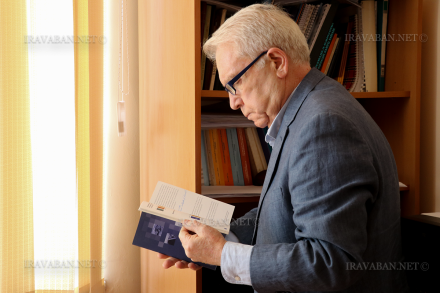 out on due to not operating Amulsar.
out on due to not operating Amulsar.
All companies in the mining sector are among the 1000 largest taxpayers.
“We hope that from the spring of 2025, the Amulsar mine will work, which will bring us great benefits. We should also consider that part of one of our large taxpayers, the Sotk gold mine, has passed to our ‘neighbor’. That’s already a big loss for us. At least instead of that, Amulsar should be operated to fill the gap,” he notes.
Indirect investments by the mining sector in GDP also generate additional tax revenues. In practice, this means that it’s necessary to consider the taxes received from the additional GDP created by the mining sector’s activities.
“Environmentalists also say that open-pit mines should be closed and work should be done underground. My friends and I have explained a lot, but until now they don’t understand: the mine needs to work to generate income, no business will work without income. From the very first day of working underground, the enterprise will start working at a loss. Who will cover that loss?” Movsesyan wonders.
The expert in regional geology and mineral exploration notes that the mining sector, along with its processing and auxiliary services, occupies an important place in state revenues. It’s important to maintain a favorable business environment and ensure the stability of the sector in conditions of fluctuating commodity prices: “If we stop our mining, we will find ourselves in the Stone Age.”


